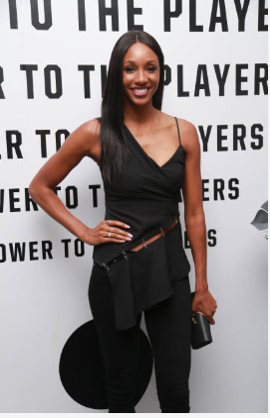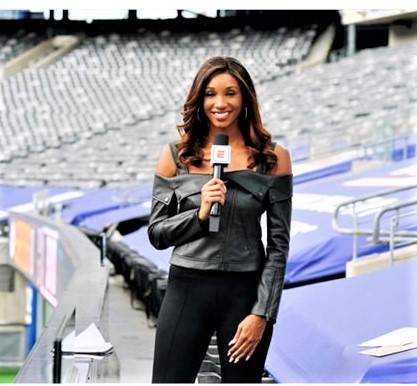
As a Black man in America, I can relate to what it feels like to be powerless. I can relate to having everything I say, do, wear, etc. scrutinized and judged without any consideration for who or what I am.
But, I am a man. And as a man, I still enjoy a level of privilege in our predominantly patriarchal society. Yes, I know what powerlessness, microaggression, and discrimination feel like. What I don’t know is how all that feels as a woman and specifically, a Black woman.
A quick Google search revealed that as many as 24 states are considering passing anti-natural hair discrimination laws. This is 2020. Why would states have to have laws like this?
Well, another quick search for “unprofessional hair” showed images of Black women wearing their hair in a variety of natural styles.
Finally, another search shows that Black women earn just $0.62 for every dollar paid to white, non-Hispanic men. These are some horrifying stats and stories, but they are only the tip of the iceberg.
The above is a summation of the major issues of appearance and employment. But what are the day-to-day challenges?
What do Black women have to face every day - even when they have reached some level of professional success? That question was answered this week during the broadcast of Monday Night Football.
A Black woman who was enjoying the fruits of her hard-earned success was judged and insulted by a white man who wasn’t nearly as successful as she, but exercised his privilege and earned notoriety at her expense.
Monday Night Football is one of the crown jewels for television sports reporters. Maria Taylor is a Black woman and a six-year veteran television reporter.
She has covered college football, college basketball, tennis, the NBA, and more during her time at ESPN. She earned her shot to be the sideline reporter during the 2020 NFL season.
She is accomplished and, as many people on television, attractive. She wore a modest outfit that comfortably complimented her slender figure.

But Dan McNeil, an AM sports radio host in Chicago reminded us all that sexism and misogyny are alive and well. His vile tweet had nothing to do with who she was or her ability as a reporter.
He chose to degrade and demean her appearance and, in the same moment, tried to diminish her success. Her outfit became the object of his insecurities and he projected them onto her.
Here she was, a person who traditionally has to work harder and longer to achieve success has surpassed his career. That was more than he could stand, so he attacked her in the worst way he could, with male mindless misogyny.
As a Black man, I have grown accustomed to hearing about the strength of Black women. From Harriett Tubman to Michelle Obama to everyone in between, I know Black women have been the backbone of our people.
And yet, for all that I claim to know, there is so much I don’t. I’ve had two classmates from college killed by men who claimed to love them.
When the #MeToo movement began, I was overwhelmed by the revelation that many of my female friends had been victims of sexual violence at some point in their lives.
I was both comforted and confused to learn about how much thought my wife would put into staying safe while traveling for work.
You see, what Maria Taylor endured publicly was just a portion of what she has to deal with privately in a male-dominated profession and patriarchal society.
I asked, “How many Dan McNeil’s did she encounter on her road to success?” How many comments about her hair, or her appearance, or her clothes did she swallow? How many microaggressions?
As a Black man, I know how society sees me. I’ve tried to process the fear in their eyes and how hard I have to work to make America see me for who, not what, I am. I can’t relate to how that feels as a woman. But, I can have empathy.
I always had respect for Maria Taylor and her ability as a reporter. She has earned her way to the top of her profession. After the incident on Monday night, my respect has grown immeasurably.
The respect is not just for her, but for what she represents. She represents how far we have come and she represents how far we still have to go.
She represents the strength of my mother, my sisters, aunts, cousins, friends, and strangers who stand strong, face their challenges, and emerge victorious. The strength isn’t just because they can endure it. It’s because they endure it every day.









